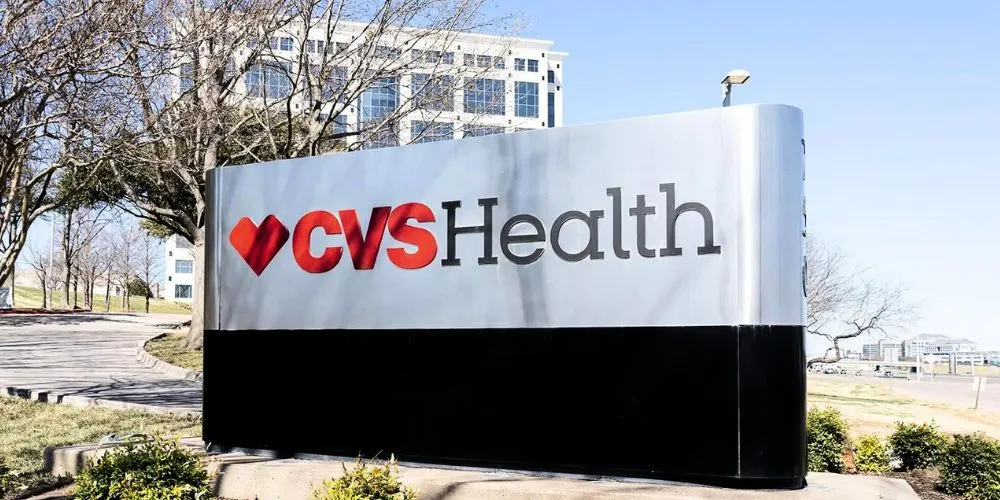Key Points:
- CVS Health reports first-quarter revenue and adjusted earnings below expectations, significantly reducing its full-year profit outlook.
- The company attributes the downward revision to higher medical costs impacting its insurance business, particularly in Medicare Advantage.
- CVS shares drop by 10% in premarket trading following the announcement of the revised guidance.
- Investor concerns persist regarding the U.S. insurance industry’s uncertainties and the impact on CVS’s profitability.
CVS Health has reported first-quarter revenue, adjusted earnings below expectations, and significantly reduced its full-year profit outlook, attributing the downward revision to elevated medical costs impacting the U.S. insurance industry. As a result, the company’s shares plummeted by 10% in premarket trading, reflecting investor concerns over the revised guidance.
The drugstore chain now expects adjusted earnings for 2024 to be at least $7 per share, down from its previous guidance of at least $8.30 per share. Analysts had anticipated full-year adjusted profit to reach $8.28 per share. Additionally, CVS lowered its unadjusted earnings forecast to at least $5.64 per share, down from at least $7.06 per share.
CVS attributes its new outlook to the persistently high medical costs experienced in its insurance business, which includes health insurer Aetna. The company acknowledges the challenges of increased medical costs but remains optimistic about its long-term prospects and opportunities.
One of the key factors contributing to the elevated medical costs is the resurgence of medical procedures among Medicare Advantage patients, including joint and hip replacements, after delays during the pandemic. Medicare Advantage, a privately run health insurance plan, has historically been a significant source of growth and profits for insurers. However, concerns have arisen regarding the escalating costs associated with these plans.
Despite the challenges, CVS CEO Karen Lynch remains confident in the company’s ability to address near-term Medicare Advantage challenges and capitalize on future opportunities. However, investor confidence has been shaken by the downward revision in profit outlook and the uncertainties surrounding the U.S. insurance industry.











